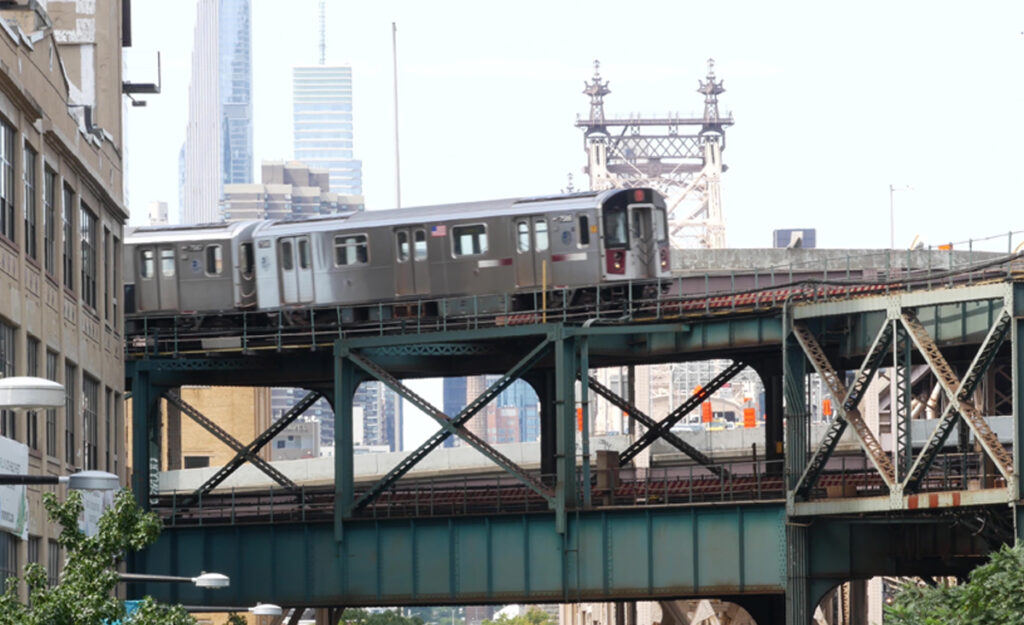
South Africans can expect another month of fuel price improvements in June, according to mid-month data publish by the Central Energy Fund.
Petrol is projected to drop by a welcome 35c per litre while diesel might be diving by as much as 68c per litre.
The main driver behind these expected changes is mostly an improvement in the rand/US dollar exchange rate.
At 2 May 2025, the currencies swapped hands at an average rate of R18.49/dollar, which dropped to R18.29/dollar by the 13th.
Annabel Bishop, Chief Economist at Investec, foresees further strengthening of the rand to end the quarter at R18.00/dollar.
“Markets have benefited from the US and China reaching a trade deal over the weekend, with reciprocal tariffs reported to fall by 115%, and a 90-day pause on the recent new tariffs, with room for further negotiations,” said Bishop.
“President Trump highlighted the meetings as a ‘total reset’ in US-China trade relations, with other officials noting ‘a great deal of productivity’ and that ‘it’s important to understand how quickly we were able to come to an agreement’.”
The improvement in market sentiment over global economic growth added to the rand’s strength, as risk aversion dropped from the elevated levels seen in earlier weeks.
“The rand will remain dependent on international events, particularly that of the US,” said Bishop.
“Weak domestic growth, high state borrowings, insufficient infrastructure repair at Transnet, and populism have also kept the rand from its PPP of near R16.00/dollar.”
Oil prices were another contributor to the anticipated improvements in fuel rates, although to a lesser degree.
According to a Bloomberg analysis, Brent Crude oil prices sank after US President Donald Trump said he is getting closer to a deal on Iran’s nuclear program.
This saw investors pull away from riskier assets and reassess the potential longevity of the recent equity rally.
Brent prices conseqquently ranged between $60.23 and $66.63 per barrel from 2 to 13 May, while comfortably sitting around an average of $67 per barrel for the weeks prior.
Based on these inputs, fuel prices in South Africa in June are expected to be adjusted as follows:
- Petrol 93 – Decrease of 36c a litre
- Petrol 95 – Decrease of 35c a litre
- Diesel 0.05% – Decrease of 67c a litre
- Diesel 0.005% – Decrease of 68c a litre
It should be noted that these predictions are not the official changes that will be made by the Department of Mineral and Petroleum Resources next month.
The final changes could be higher or lower as they are also subject to potential changes in the Slate Levy, taxes, transport and storage costs, or wholesale and retail margins.
Petrol tax fears reignited in South Africa

With the 2025 Budget set to be announced for a third time later this May, it has reignited fears that Treasury may hike fuel taxes to make up a R75-billion budgetary shortfall.
The initial two instalments of the budget proposed no increases to the General Fuel Levy (GFL) or the Road Accident Fund (RAF) Levy for the coming financial year.
However, the Carbon Fuel Levy – which is an add-on to the GFL – rose by 3c per litre to 14c per litre for petrol and 17c per litre for diesel, as required under the Carbon Tax Act of 2019.
The change took effect in April, seeing the GFL climb to R3.99 per litre for petrol and R3.87 per litre for diesel.
The original justification for not hiking these fuel levies was that it would put too much pressure on a small portion of the population.
Likewise, Treasury said raising corporate and personal income taxes would overburden citizens and potentially harm investment.
It also refused to take on more debt, as the amount needed was simply too large and the interest on such a deal would be unaffordable.
It deemed that an increase to Value-Added Tax (VAT) was the only way to achieve its goal
After fierce backlash from the public, civil society organisations, and political parties, Minister of Finance Enoch Godongwana announced in April that the VAT hike would no longer take effect.
While the announcement was met with relief, the problem remains that government must find a way to generate R75 billion or risk cutting funding in critical sectors, and fuel taxes are an easy way to do so.








